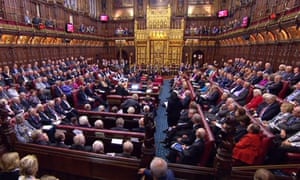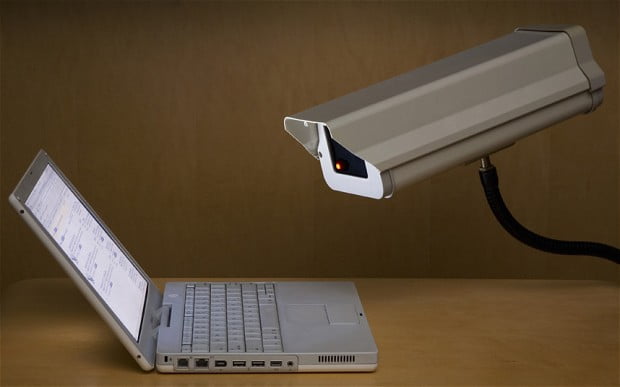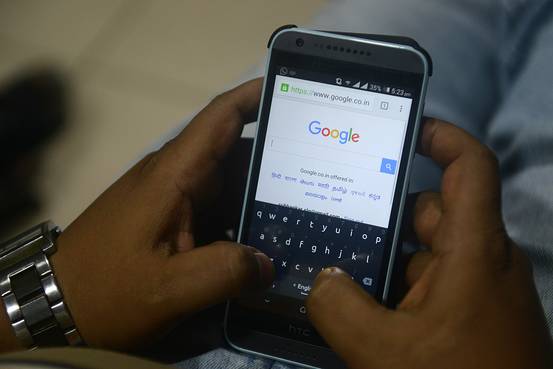
Peers could derail plans to give police powers to potentially access the internet browsing history of any computer user in Britain in the latest show of defiance by the House of Lords.
The upper chamber has been emboldened after peers voted this week to delay proposed cuts to tax credits even though legislation had been passed by the House of Commons.
Ministers have since argued that peers did not have the right to block financial measures approved by the lower house, and have signalled reforms that could limit peers’ powers.
It has now been reported that the Lords could be planning to delay the draft investigatory powers bill, expected to be published next week, which would revive measures forcing telecommunications companies to retain users’ browsing data for 12 months.
The powers would be similar to provisions contained in the shelved communications data bill – dubbed a “snooper’s charter” by critics – that would have required companies to retain phone and email data as well as use of social media.
The bill was blocked by the Liberal Democrats because of privacy concerns when the party was part of the coalition government. Lib Dems could use their 112 peers in the Lords to block the proposed changes. Conservative peers account for only about a third of the total.
Tim Farron, Liberal Democrat leader, said the party would use all the parliamentary tools available to ensure any proposed legislation is properly scrutinised. “Liberal Democrats will always support proportionate measures to increase our security, but we must not allow cornerstone civil liberties to be swept away,” he told the Independent.
“We will wait with interest to see the detail of the draft bill, as the Tories have long argued for powers that are not targeted and not proportionate. We blocked the snooper’s charter in government and would strongly resist any attempt to bring it back. It would be a dramatic shift in the relationship between the state and the individual, and fundamentally strikes the wrong balance between liberty and security.”
One peer said many lords from across the political spectrum felt strongly about civil liberties issues, resulting in unusual alliances.
Civil rights group Liberty said the proposed powers would be “extraordinarily intrusive”. Policy officer Rachel Robinson said: “These measures have already been rejected by a cross-party parliamentary committee and the independent reviewer of terrorism legislation. We will resist them in the strongest terms and urge right-thinking parliamentarians to do the same.”
Tory MP David Davis said it was extraordinary that the government was asking for such wide-ranging surveillance powers again. “They are overreaching and there is no proven need to retain such data for a year,” he told the Times.
A Home Office spokesman said a draft investigatory powers bill would soon be published for pre-legislative scrutiny. “It will update the legal framework governing the use of investigatory powers to ensure law enforcement and the security and intelligence agencies have the powers they need, subject to strong safeguards and robust, independent oversight,” he said.
“The draft bill will build on the recommendations made by three independent reviews undertaken by the intelligence and security committee of parliament, the Royal United Services Institute, and David Anderson QC, the independent reviewer of terrorism legislation.”
Police say they need the powers because the scale of activity carried out online meant traditional methods of surveillance and investigation were becoming less useful, but accepted the measures would need safeguards to protect privacy.
Richard Berry, the National Police Chiefs’ Council spokesman for data communications, said they were not looking for powers beyond what they could already access through telephone records.
“We essentially need the ‘who, where, when and what’ of any communication: who initiated it, where were they and when did it happen? And a little bit of the ‘what’, were they on Facebook, or a banking site, or an illegal child-abuse image-sharing website?” he told the Times.
“Five years ago, [a suspect] could have physically walked into a bank and carried out a transaction. We could have put a surveillance team on that, but now most of it is done online. We just want to know about the visit.”
[“source-theguardian”]




















